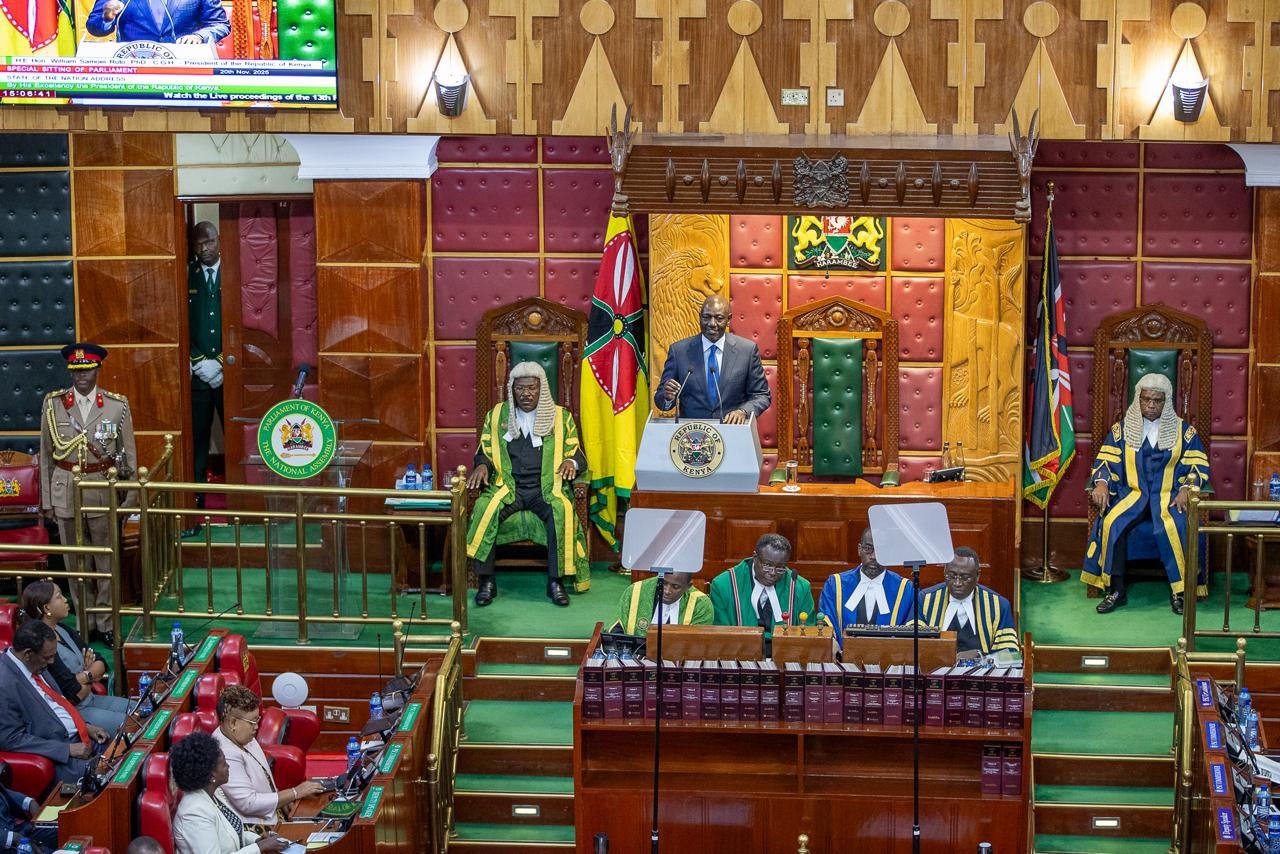Farmers in Bungoma county have expressed concern over the government's move to allow the importation of Genetically Modified Organisms, saying the move will hurt the markets for local produce.
The government last week got the okay to import GMOs after Environment and Lands Court ruled that there is no evidence that they are harmful to the public and the environment.
Justice Oscar Angote said the government has enough Institutions to check the safety of GMO foods.
Ferdinand Makhanu, a farmer in Bungoma county said the importation of GMOs will render many people including farmers jobless.
He said many local farmers do not have the knowledge and capacity to produce or import GMO foods.
Makhanu said unlike GMO, local foods were more nutritious.
“The first argument about GMO’s already instilled fear in us and we know that it causes health hazards. State could have listened to us before giving it a nod,” he said.
“Some of the crops we plant help in climate change mitigation and if farmers shift to consuming GMO’s, we shall have diverse effects of climate change."
Makhanu said that he has partnered with agricultural organisations to produce both subsistence and commercial crops to earn a living.
He praised the government for launching an industrial park at Sang’alo in Bungoma saying it will offer farmers an opportunity to seek the market for their produce.
Eugene Wafula, a small scale farmer from Kimilili, said importation of GMO was unnecessary since Kenya produces enough food.
“We have for many years produced our own foodstuffs and even exported them to other counties. I do not see the reason why Kenya wants to import GMO,” he said.
Wafula said the government should focus on sensitising farmers on how they can protect their farm produce from El Nino.
National organising secretary Ford Kenya party, Christopher Mandu, said Africa and Kenya need to rely on crop breeding to boost food production.
The UN estimates that the world must increase cereal output by 1 billion tonnes and produce 200 million extra tonnes of livestock products per year by 2052, to feed a population projected to rise to 10 billion from the current 8 billion.
The population of Africa is expected to double to 2 billion people by 2050.
This means the continent will need to increase its food production.
Coordinator Solidaridad organisation, David Khisa said this organisation launched a maize production project in Bungoma in three Subounties namely, Bumula, Mt Elgon and Kimilili to increase food production in the region.
Khisa also said allowing the importation of GMO’s into the country is not a solution to ensuring food security.
The world Food day event in Bungoma was attended by Deputy Governor Jennipher Mbatiany, who called on the farmers to utilise the short rains season well to produce more foodstuffs.






![[PHOTOS] Betty Bayo laid to rest in Kiambu](/_next/image?url=https%3A%2F%2Fcdn.radioafrica.digital%2Fimage%2F2025%2F11%2F3b166e2e-d964-4503-8096-6b954dee1bd0.jpg&w=3840&q=100)







